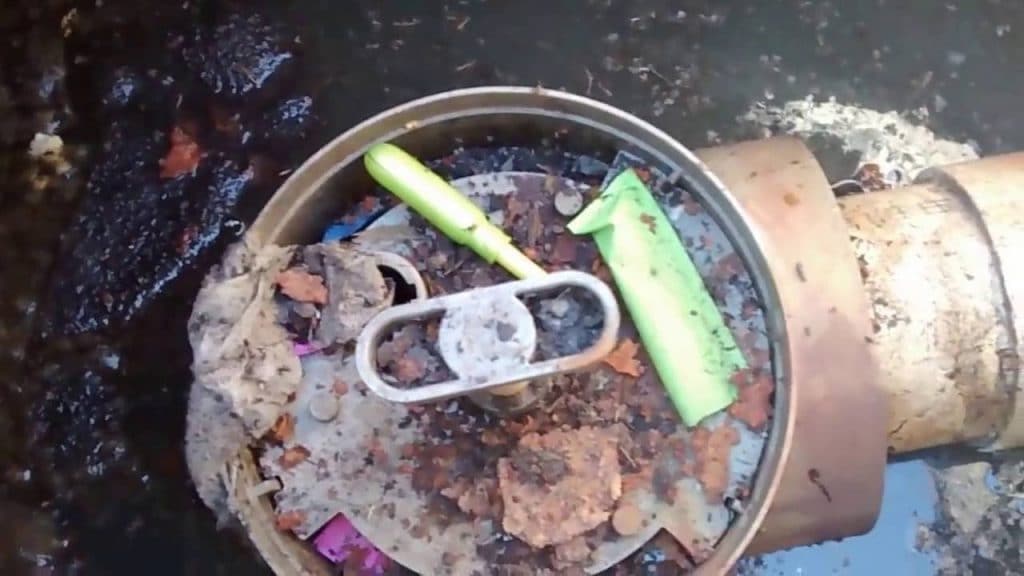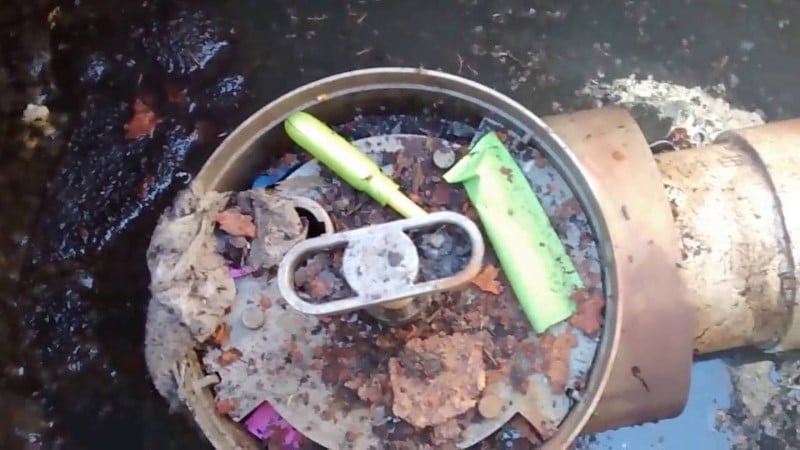
The technical aspect of the home is what’s gravely important. The technical of the home and property bring out the most out of the aesthetics. The septic system is an important example. It is the wastewater treatment facility of the household since it cannot access the sewage system. The septic system should function optimally so that the entire property will be safe from damage and the household members safe from health hazards. Of course, there are unavoidable factors that lead to neglecting the septic tank. And this leads to a collection of problems. A common one is a slow draining septic tank. This is when the drains, sinks, and toilets in your house eliminate wastewater very slowly, to the point that it stays stagnant for a while. This exposes the living space and everyone in it to toxic fumes and untreated wastewater. When this happens, you could either gamble in using your plunger/drain cleaner or you could call the local septic expert.
The septic professional should be able to determine what causes slow draining septic tanks in just a few minutes of thorough inspection. If the problem isn’t in the indoor plumbing, then the problem lies in the septic itself. There are lots of possibilities but the main thing is that it’s caused by misinformation or neglect. Usually, the pump-out schedules are not kept with the help of the septic expert. Pumping out the septic tank enables it to have more free space for continuous wastewater treatment. If the solid waste particles are just left there to fill it up, then expect a long-term slow draining septic tank. Another cause of slow drains is the high water load brought in by heavy rains and the excessive use of washing machines and dishwashers. The solid wastes get stirred up, delaying their breakdown. Then they’re pushed into the drain field to clog it. Trees and hardwood plants have invasive root systems that get into every part of the septic system. They’re especially fond of the septic tank because this is the receptacle of all water and nutrients that they need. They block the normal pathways of the wastewater treatment and even damage the physical components. If you have construction projects or vehicles placed over the tank, then their heavy weights cause soil compaction. Soil compaction crushes the septic parts which results to leaks, backups, and overflows.
After the inspection, the septic expert would then administer any necessary repairs or minor replacements. Then the septic tank will be pumped out and cleaned with a very efficient additive—the bacteria based additive. The bacteria in this organic additive are not synthesized. They natural and don’t have any chemicals to harm the user or the surrounding environment. These organisms just want to consume the solid waste materials. As they do so, they remove the foul smells. With bacteria, causes of slow draining septic tanks will definitely be eliminated for good.
